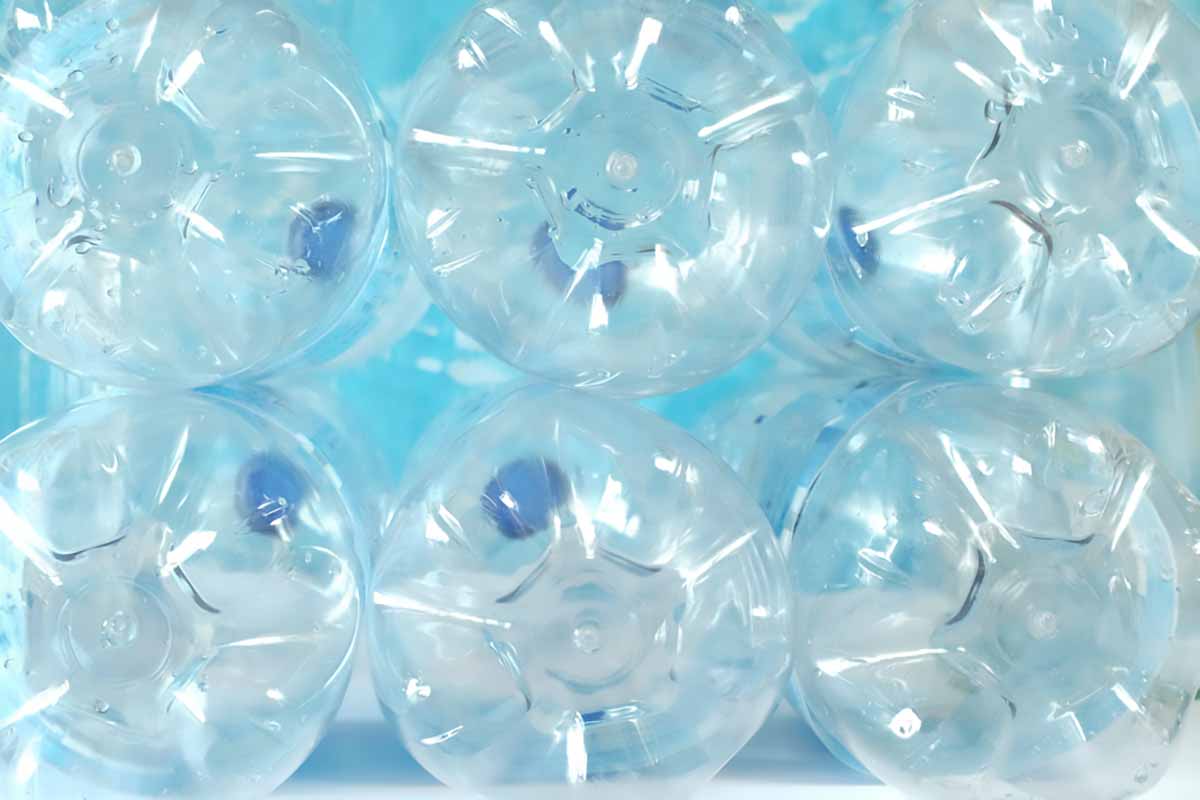
The author makes the case that user incentives must be a part of wider strategies to boost plastics recovery. | Thomas Bethge / Shutterstock

The author makes the case that user incentives must be a part of wider strategies to boost plastics recovery. | Thomas Bethge / Shutterstock
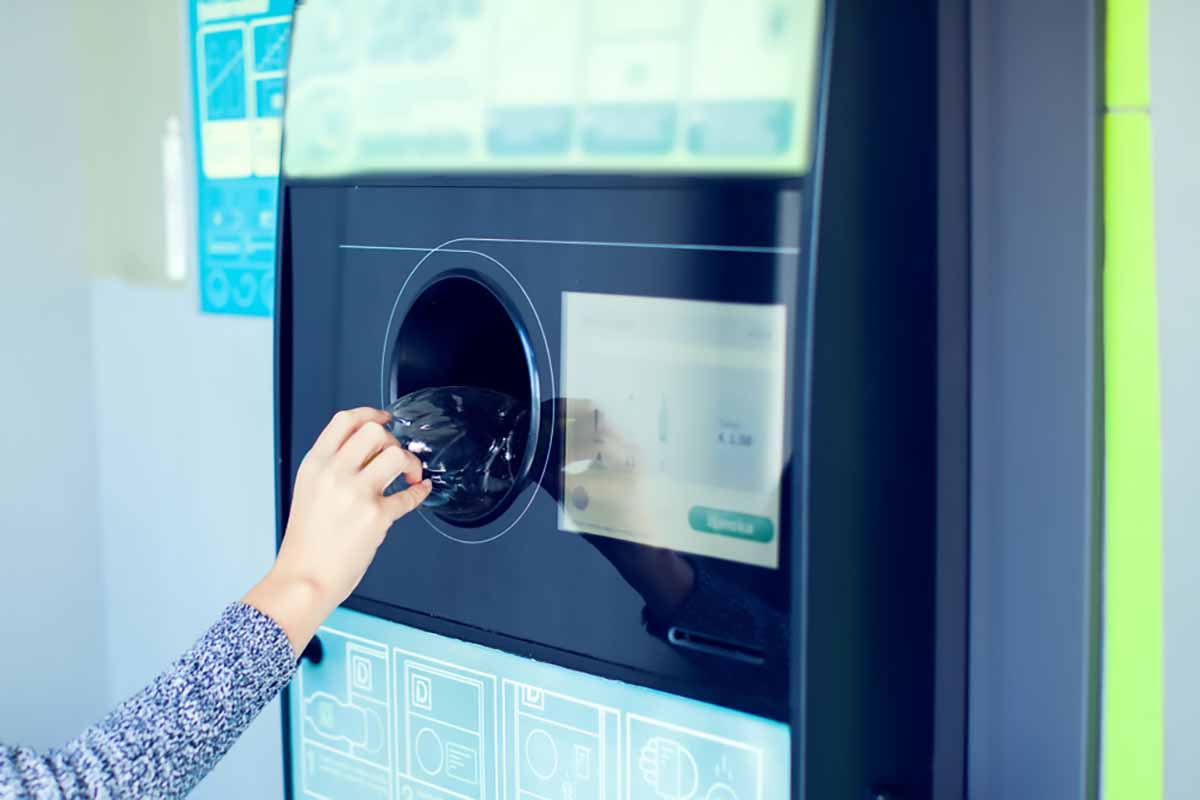
An expanded list of beverages will be covered in Connecticut’s bottle-deposit program under a new piece of legislation on the governor’s desk. | alexs333 / Shutterstock
Connecticut lawmakers passed legislation overhauling the state’s 41-year-old container deposit program, with one supporter calling the move the most significant U.S. bottle bill expansion in a decade.

Vermont’s current deposit system may soon expand to cover almost all beverages. | Victoria Lipov/Shutterstock
This story has been corrected.
Legislation that expands a Northeast state’s container deposit law passed one chamber and has moved to the state Senate for consideration. The bill adds additional beverage types into the deposit program.
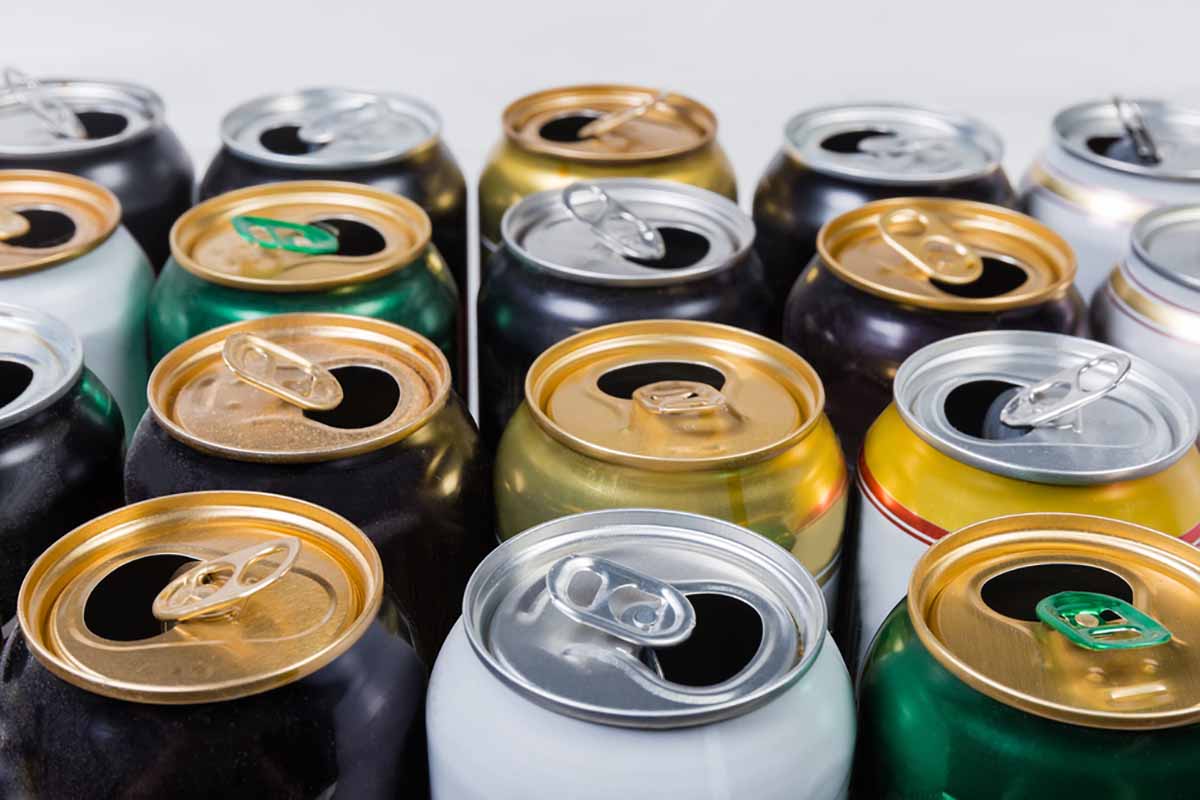
CalRecycle plans to release final redemption data for the first six months of 2020 in the coming weeks. | anmbph/Shutterstock
This story has been updated with new redemption figures from California’s recycling agency.
Advocacy organization Consumer Watchdog recently noted the COVID-19 pandemic has slashed California’s beverage container recycling rate. But the state’s recycling agency called that analysis “inaccurate.”

California Assembly Bill 793 requires that all plastic bottles covered by the state’s container redemption program average at least 15% post-consumer resin starting in 2022. | Leonid Andronov/Shutterstock
This story has been updated.
California lawmakers approved legislation requiring beverage companies to use recycled plastic. If signed, the bill will usher in the first recycled-content law of its kind for plastic bottles in the U.S.
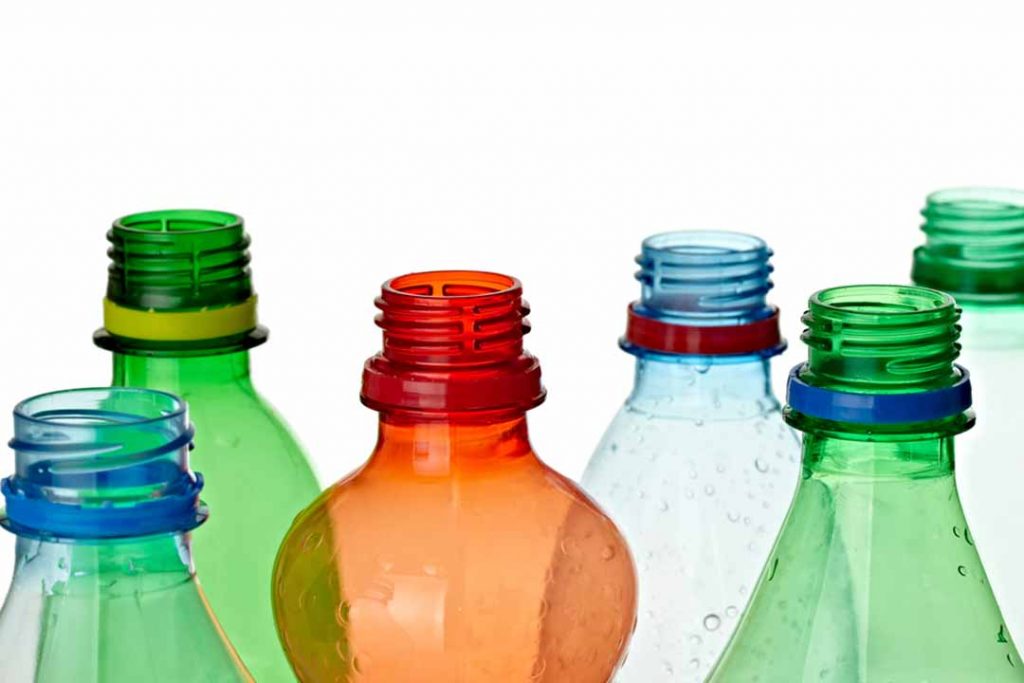
By material type, the percentage of plastic containers redeemed through the Oregon deposit program increased more than other materials in 2019. | Picsfive/Shutterstock
Consumers in Oregon last year returned 86% of all beverage containers covered under the state’s container deposit program, according to newly released figures.
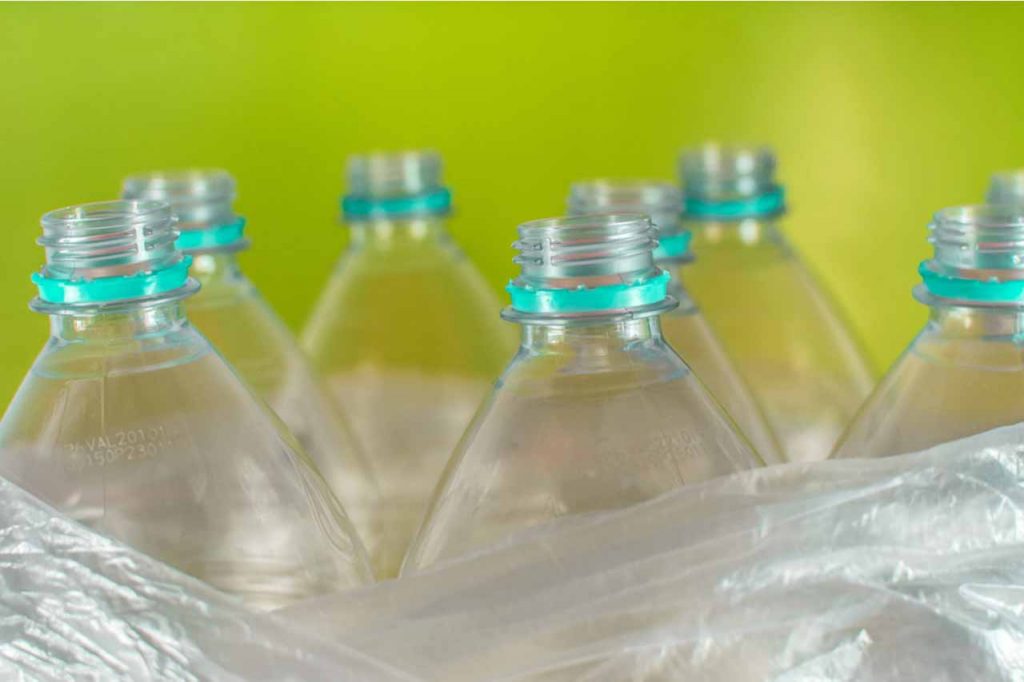
In Connecticut, retail redemption volumes were down 95% during the suspension period. | Thiago Figueredo/Shutterstock
Container deposit programs are starting back up following their COVID-19 downtime. Equipment supplier Tomra offered a look at how the process is playing out in Connecticut.

